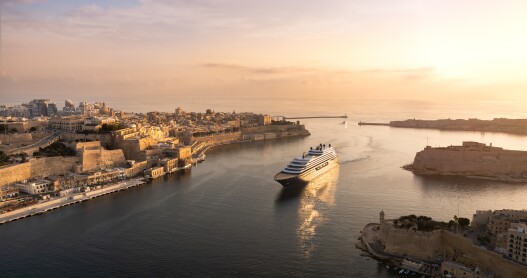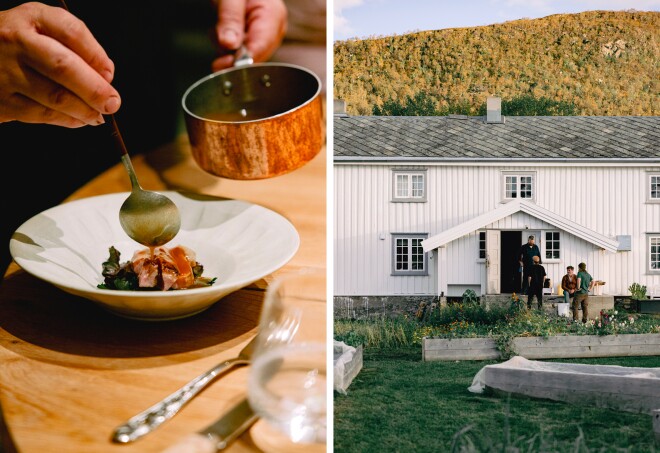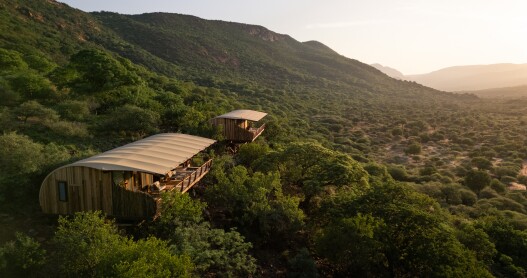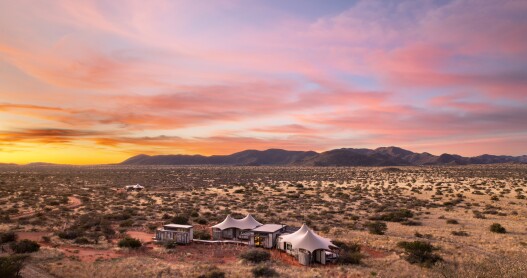Overview
When’s the best time to go to South Africa?
Apart from a few exceptions, there is no bad time to travel to South Africa. Cape Town has a wonderful Mediterranean climate, with hot, sunny summers and cool, only occasionally rainy winters. Strike a balance and visit in the shoulder seasons of spring or fall, when the city isn’t throbbing with tourists. Johannesburg, an inland city set atop the Highveld plateau, has pleasant weather year-round, although it’s particularly lovely in March, September, and November. Durban, on the other hand, has a hot, humid subtropical climate, so avoid the summer rainy season and visit between May and September when it’s less stormy. You’ll also want to plan your visit to Kruger National Park for some time between the dry winter months of July and September, when the weather is better, the bush thins out, and animals congregate around waterholes and rivers.
Many businesses in South Africa shut down between mid-December and mid-January for the holiday season. This also tends to be the most expensive time of year to travel around the country because visitors are competing with locals on vacation.
How to get around South Africa
South Africa has many international airports; the most popular are O.R. Tambo International in Johannesburg (JNB), Cape Town International (CPT), and King Shaka International in Durban (DUR). Once in the country, driving is the easiest way to get around. Visitors can rent cars at any international or regional airport but should be aware that South Africans drive on the left side of the road. When driving in the cities, also be sure to carry small change for car guards (people who help you find a parking spot and watch your car until you return), as well as for the tolls on South Africa’s national roads.
Even without a car, it’s easy enough to get around urban areas by booking private transfers through your accommodation or by using ride-sharing services like Uber. Taxis are not advised for tourists. The only two train lines recommended for getting around the city are the Gautrain commuter rail in Johannesburg and the Southern Suburbs Metro Rail in Cape Town. The MyCiti Bus in Cape Town is also a common method of transportation in the city center.
Food and drink to try in South Africa
- Each part of South Africa is known for something different and delicious. The coastline is famous for its seafood, while the Karoo (a vast, semi-desert region) is renowned for local meat like lamb. The Cape Town region has Cape Malay cuisine (defined by its fragrant curries), Johannesburg boasts an array of shisa nyama restaurants (where meat is cooked over an open flame), and you can’t leave Durban without trying some of the city’s signature Indian cuisine, like samosas or bunny chow (a hearty curry served in a hollowed-out loaf of white bread).
- When on safari, it’s traditional to have sundowners (typically a cold beer or gin and tonic) while you braai (grill) vegetables, boerewors (sausages), and broodjies (an elevated take on the grilled cheese sandwich, stuffed with jam, arugula, and whatever else you have on hand). After the meal, savor some brandy or Amarula (a sweet liqueur made from the fruit of the marula tree).
- In South Africa’s Western Cape region, the mineral-rich soil and Mediterranean climate make for award-winning wines, which, thanks to a favorable exchange rate, are also very affordable. Make sure to try the pinotage, the country’s signature red-wine grape. Additionally, craft breweries and distilleries are popping up in urban areas around the country.
- At restaurants in South Africa, it’s customary to tip between 10 and 15 percent.
Culture in South Africa
The South Africa of today may be a dynamic melting pot, but the country has a long history. A visit to Cape Town or Johannesburg should include spending time at the District Six Museum, Robben Island, and the Apartheid Museum to learn more about the hardships much of the country endured.
In more recent years, South Africa has also become a hub for fine art and design. Make time for world-class institutions like the Zeitz Museum of Contemporary Art Africa and the Norval Foundation in addition to events like First Thursdays in Cape Town, when the galleries, shops, and restaurants on Bree Street stay open late.
You could also plan your trip around must-see music festivals such as AfrikaBurn, the Cape Town International Jazz Festival, and the Cape Town Minstrel Carnival, an annual parade on January 2 when thousands of people take to the streets to ring in the new year and watch colorfully dressed bands perform.
South Africa embraces all kinds of travelers, including the LGBTQ community. In fact, a popular event here is the MCQP (or Mother City Queer Project), an annual costume party to celebrate gay rights.
Can’t miss things to do in South Africa
– A trip to South Africa wouldn’t be complete without a long, lazy lunch in the Cape Winelands, followed by a winetasting. The many excellent restaurants in the Stellenbosch/Franschhoek region include the Table at De Meye Wine Farm, Good to Gather at Rozendal, and La Petit Colombe at Leeu Estates. Make sure to book in advance.
– To gain important insight into apartheid, South Africa’s history, and how far the country has come, visit the Apartheid Museum in Johannesburg. Afterward, explore the city’s contemporary side at the many galleries and restaurants downtown or in the Parkhurst neighborhood.
– You can’t visit South Africa without going on safari. Kruger National Park is the most popular safari destination, but there are loads of other parks to choose from, such as Addo Elephant National Park in the Eastern Cape, iSimangaliso Wetland Park, the Kalahari Desert, and West Coast National Park. Accommodations for all budgets are available at most parks.
Local travel tips for South Africa
– U.S. citizens visiting South Africa for 90 days or less do not need to obtain a tourist visa. Just ensure that your passport is valid for at least 30 days after your intended return, and reserve at least two consecutive pages for entry stamps at customs.
– South Africa has 11 official languages, but English is widely spoken. The currency is the South African rand, the standard voltage is 230, and the outlets are type M (with three rounded prongs).
– Make safety a top priority. You don’t need to be afraid, but be aware: Don’t leave your phone on the table or hang your bag on the back of your chair. If renting a car, keep your windows rolled up, and if you’re walking alone on the street, be alert.
– If you’re flying through O.R. Tambo airport in Johannesburg, make sure to lock your baggage. It’s not uncommon for things to go missing.
– Allow yourself a few days in Johannesburg. Many people skip South Africa’s largest city in favor of more time in Cape Town, but Johannesburg is one of the most exciting cities in Africa. It’s a little gritty, but there’s so much culture to see.
Local Resources
– Travel Start: for local flight bookings and intel
– Quicket: online ticket platform that showcases local events





















